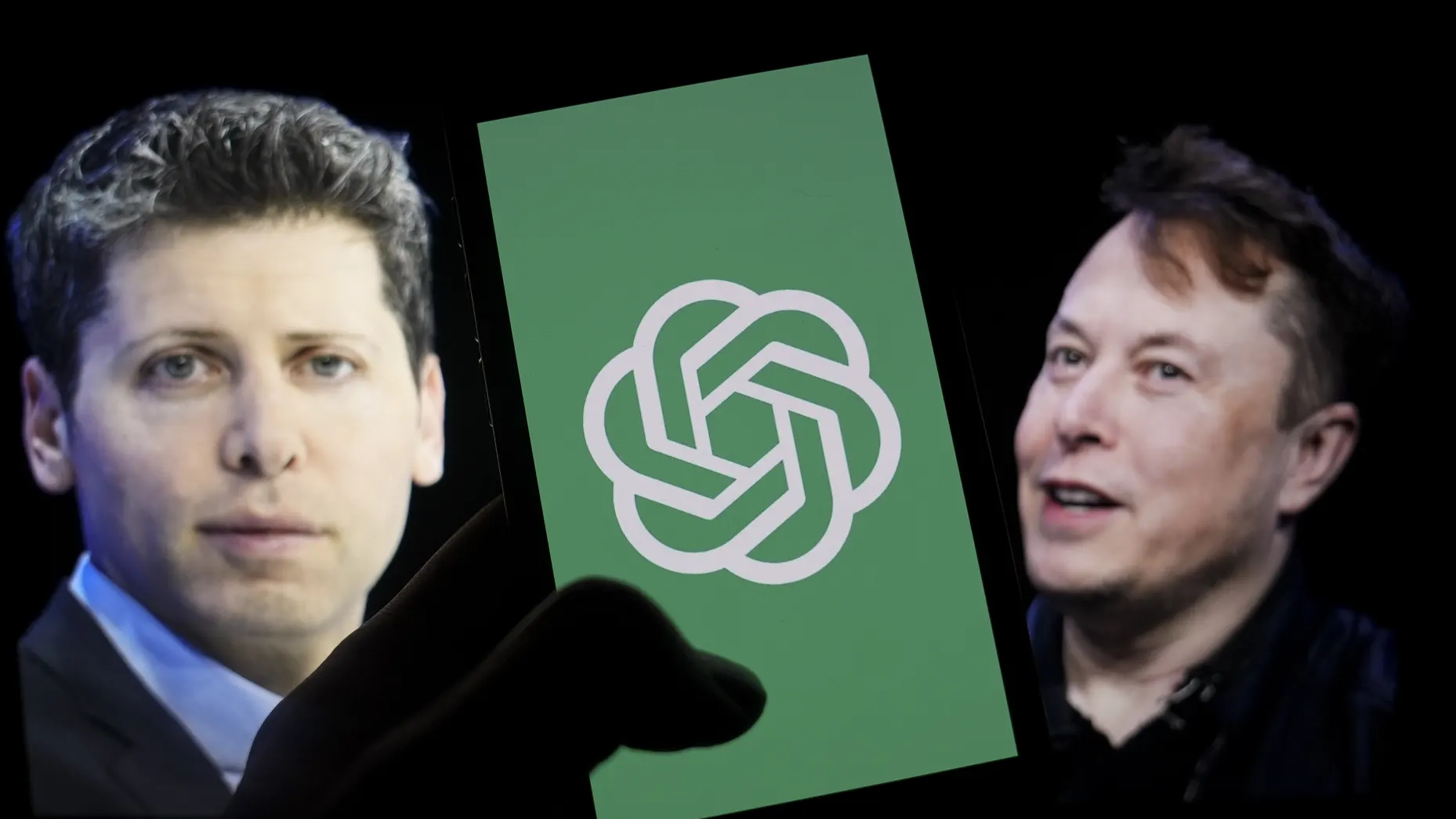Elon Musk Seeks Court Order to Block OpenAI’s For-Profit Shift
Elon Musk has filed a legal motion asking the court to block OpenAI from transitioning into a for-profit entity, arguing that the company’s original nonprofit structure is crucial to its mission. This request comes amid growing concerns over the ethical implications of OpenAI’s shift, which Musk believes could compromise the safety and transparency of artificial intelligence (AI) development.
Why Elon Musk OpenAI for-profit
Musk’s legal team argues that OpenAI’s change in structure violates the company’s founding principles. Originally founded in 2015, OpenAI’s mission was to ensure that artificial intelligence developed in a safe, transparent, and ethical manner. However, in 2019, OpenAI introduced OpenAI LP, a for-profit arm designed to attract funding for its advanced AI research.
In Musk’s view, this shift towards a for-profit model threatens to undermine OpenAI’s commitment to public welfare. He contends that a commercial approach would prioritize profits over ethical considerations, risking the safe development of AI technologies. Musk’s filing stresses that such a move could increase corporate control over AI, making the technology less accountable to the public.
OpenAI’s Transition to For-Profit: What’s at Stake?
OpenAI’s transformation into a hybrid organization with a nonprofit parent and a for-profit subsidiary sparked controversy from the start. While OpenAI has made significant advancements in AI with products like GPT-3 and GPT-4, Musk questions whether the organization can maintain its public-focused goals while pursuing profits. Musk’s challenge highlights the potential conflicts between private interests and OpenAI’s core mission.
In 2019, OpenAI partnered with Microsoft, which invested $1 billion in the company. Critics of the for-profit shift argue that such partnerships and investments risk altering the direction of the company’s research, possibly in ways that prioritize commercial gain over public benefit. Musk, as an outspoken advocate for responsible AI, views this as a dangerous precedent that could have long-term implications for AI ethics.
Musk’s Concerns Over AI’s Future
Musk has been one of the most vocal critics of unregulated AI development. He has repeatedly warned about the risks posed by AI systems, especially when they are developed by large, profit-driven companies. Musk argues that AI must be developed with transparency, fairness, and accountability to prevent it from being misused or exacerbating societal issues.
His legal action is not only about blocking OpenAI’s shift to a for-profit model but also about ensuring that AI development remains in the hands of organizations committed to benefiting all of humanity. Musk believes that if AI development becomes a profit-driven race, it will increase the risks of misuse, exacerbate bias in AI models, and lead to a lack of accountability in decision-making processes.
Tensions Between Musk and OpenAI
The legal dispute between Musk and OpenAI is the latest chapter in a complex relationship. Musk was one of the co-founders of OpenAI but left the board in 2018. Since then, he has criticized the company for veering away from its initial ideals. Musk’s concerns have largely centered on how OpenAI’s growing commercial focus could lead to a lack of transparency in AI development.
Despite these tensions, OpenAI has continued to make strides in AI research, releasing powerful models that are changing industries worldwide. However, Musk’s legal challenge suggests that he believes the shift toward commercialization could result in a less ethical approach to AI. He argues that OpenAI must prioritize public welfare over financial interests.
The Path Forward: What’s Next for OpenAI and Musk?
The outcome of Musk’s legal challenge will significantly impact the future of OpenAI and its approach to AI research. If the court grants Musk’s request, OpenAI could be forced to reconsider its decision to operate a for-profit arm. However, OpenAI may counter by arguing that such a structure is necessary for sustainability and competitiveness in the rapidly advancing AI landscape.
Regardless of the court’s ruling, the case will likely have broader implications for how AI companies balance ethical considerations with business interests. The conversation surrounding AI governance and regulation is far from settled, and Musk’s challenge underscores the growing tension between innovation, ethics, and profit.
Conclusion: The Future of AI Development
Elon Musk’s legal motion to block OpenAI’s transition to a for-profit entity brings attention to the critical debate over AI’s role in society. Musk’s stance highlights the importance of ensuring that AI serves the public good rather than corporate interests. As AI continues to evolve, questions about how to balance ethical responsibility with commercial pressures will shape the future of the industry.





